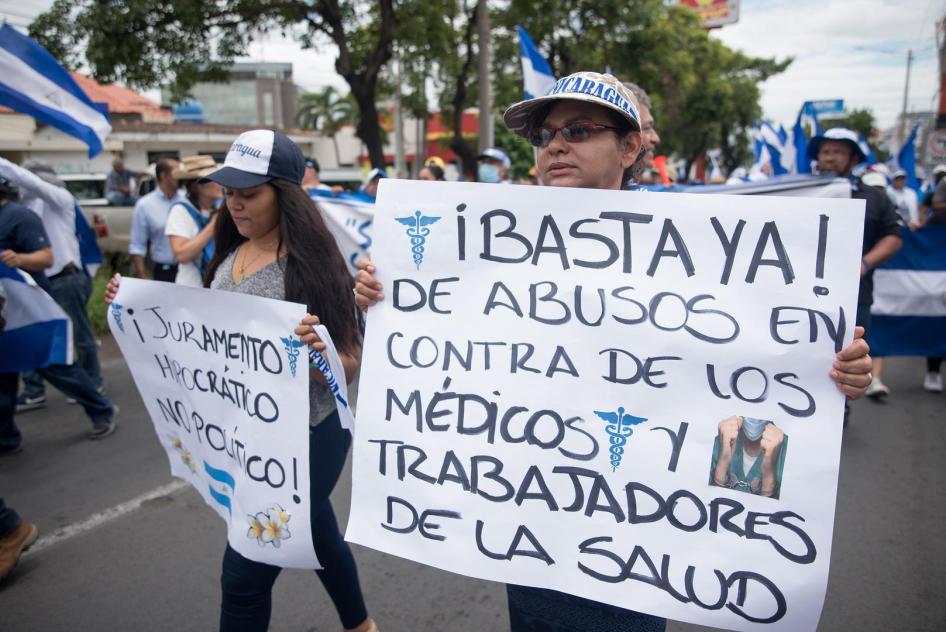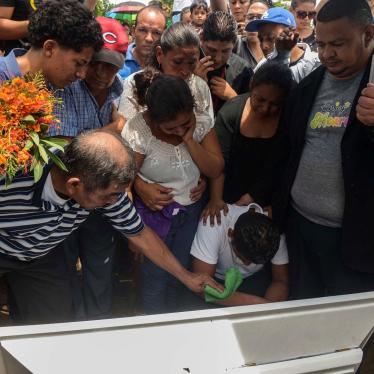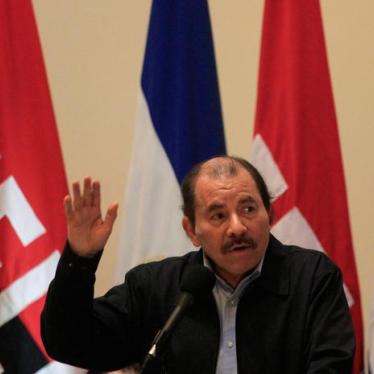It’s hard not to think about the early stages of Venezuela’s crisis while watching the brutal crackdown unfolding in Nicaragua. One of the key differences so far is that Nicaragua has accepted UN monitoring, albeit begrudgingly. This is no longer the case.
On August 31, the Nicaraguan Ministry of Foreign Affairs wrote to the UN human rights team who had been conducting on-the-ground investigations, ordering them to leave the country.
The letter came just two days after the Office of the High Commissioner for Human Rights (OHCHR) published its report on Nicaragua, which condemned the brutal crackdown in response to widespread anti-government demonstrations.
Since April, some 322 people have been killed and 2,000 injured in Nicaragua, according to the Inter-American Commission of Human Rights. Most of these deaths were caused by the police and armed gangs’ violent repression of protests.
Police and armed gangs have also abducted or arbitrarily detained hundreds of people across the country. HRW has documented cases where detainees were subject to beatings, waterboarding, electric shocks, and rape.
The OHCHR report estimated that at least 300 people are facing trial for taking part in the protests, including people accused of terrorism-related charges. In contrast, no government official appears to have been charged in connection with the widespread abuses.
The government retaliated, slamming the report as “subjective, slanted, prejudiced and notoriously biased,” and then kicked UN staff out of the country. The Human Rights Council – the UN’s top human rights body – cannot allow this to pass without response.
The Council has a mandate to investigate and prevent human rights violations from developing into full-blown crises. This is an opportunity for the Council to use its prevention mandate and urgently tackle the crisis in Nicaragua. It should hold an urgent debate on Nicaragua, call on President Daniel Ortega’s government to end the violent crackdown, and ensure regular monitoring of the situation.
This crisis needs to be squarely and urgently addressed by the Human Rights Council – before it is too late.








